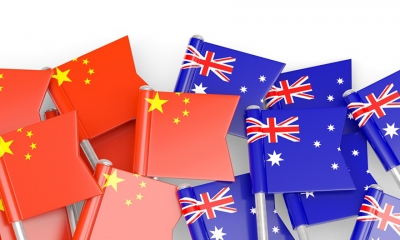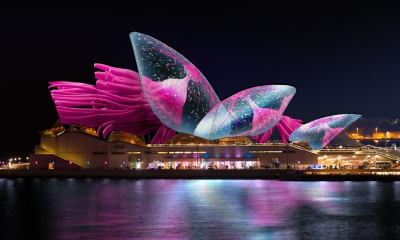China Deserves Congratulations on the Successful Transformation
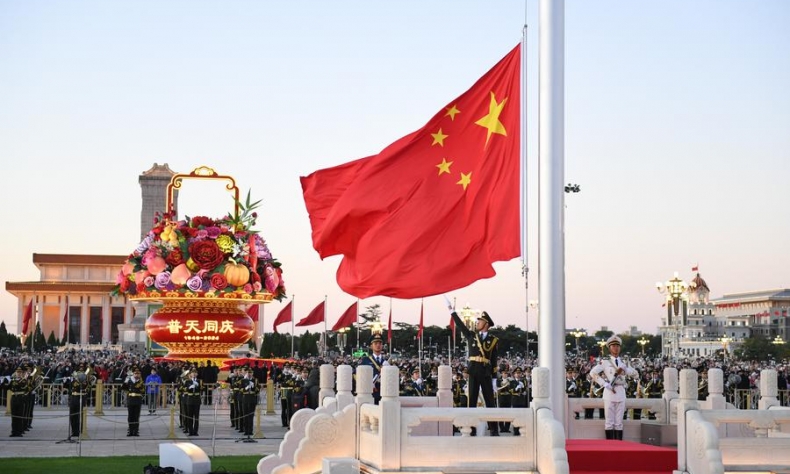
Most importantly this transformation of China into a giant, middle-income country, has changed hundreds of millions of lives for the better and that has been achieved peacefully and through interdependence with the rest of the world.
Growing up in the most southern part of Australia, for me China was both far away but also ever-present.
My earliest memories are of my family’s Ming Dynasty Chinese vase that took pride of place in our living room and the dragon-emblazoned ginger pots that my father stored high up above the kitchen cupboards to keep my curious fingers out of the treats they contained.
When we went out to a restaurant, which was a rare thing, it was usually to one of the local Chinese restaurants. At school, we learned a little about China, but we learned more from the kids with Chinese heritage. Chinese migrants had come to Australia looking for gold in the 1850s, the same time that my German ancestors had come to do the same.
Over the course of my adult life, I have been transfixed by China’s transformation. I visited China many times in the early 2000s, bringing government, business and university delegations to witness the tremendous economic development that was taking place across the country.
For Australian businesses, just as for others around the world, China has offered a giant market with opportunities for trade, investment and education.
Like anyone else who has had the privilege of repeated visits to China, I have been amazed by the rapid economic growth that has made China a manufacturing powerhouse. I have enjoyed travelling across the country on impressive high-speed trains, beneath cities in sparkling new metro systems and I have marvelled at the other world-leading infrastructure wherever I have travelled.
Most importantly this transformation of China into a giant, middle-income country, has changed hundreds of millions of lives for the better and that has been achieved peacefully and through interdependence with the rest of the world. This is something truly to celebrate.
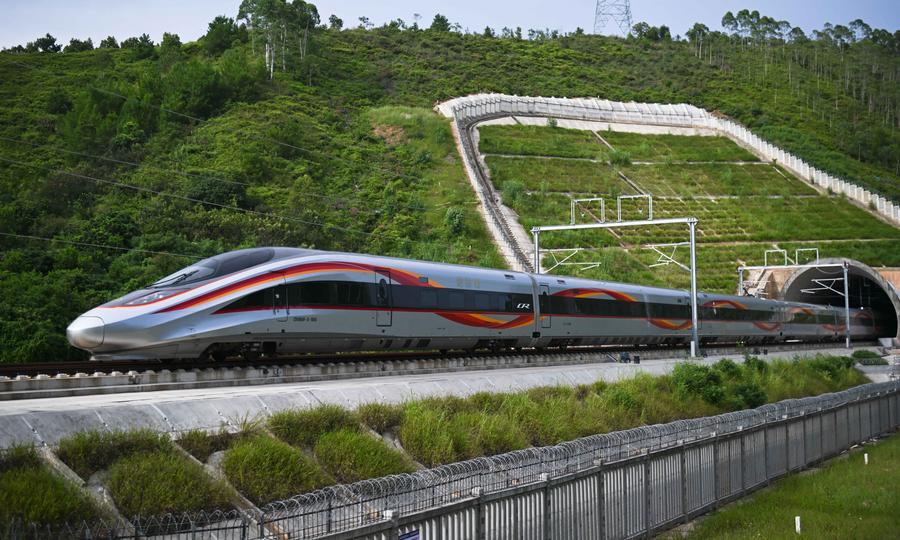
Over the years, I formed many friendships with business people, academics, artists, government officials and others in China, over beer and local food or in lavish banquets. I was always struck by how familiar were some of the challenges my Chinese friends faced, whether traditional family expectations or soaring real estate prices. Yet, life has been transformed in China in just a couple of generations, a total transformation, which is sometimes difficult for outsiders to fully comprehend.
China now has the largest middle class in the world with, in my experience, aspirations to provide a better future for the next generation by investing in education, travel and of course real estate. That better future will require continued economic development and also continued regional peace.
There is so much more to China than its giant economy, its shiny new skyscrapers and high-tech goods. China has a rich cultural inheritance of thousands of years of history. Every time I visit, I try to include some new cultural experience, and I have enjoyed exploring the Confucian, Taoist and Buddhist heritage sites of Shandong in recent times. China represents one of the world’s great civilisations and indeed greater cultural exchange and understanding in both directions would help to improve empathy, trust and cooperation in the future.
I had the good luck to live and work in Beijing as the Trade and Investment Commissioner for the Pacific Islands Forum, the regional organisation of Oceania. In those four years, I fell in love with old Beijing, its hutongs, its charming restaurants and its hidden treasures around every corner.
That role serving the Pacific islands in China gave me an unusual opportunity – for an Australian – of seeing China through the eyes of developing nations. The island nations of the Pacific are in need of sustainable development and China has proved to be a valuable additional partner for investment and aid.
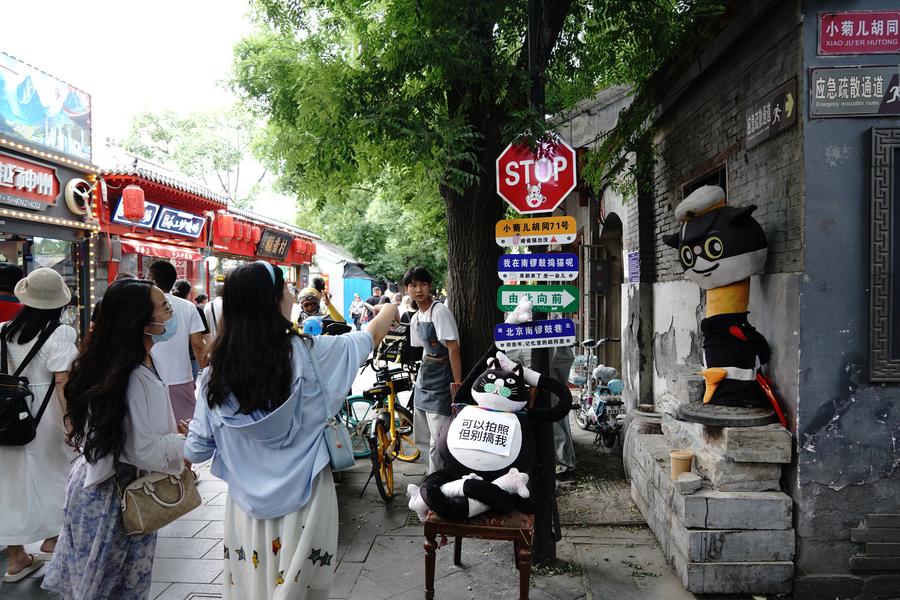
I am pleased that Australia and China have returned to a more stable and mature relationship. Leaders of both countries have recognised the enormous mutual interests that endure for our people, businesses and institutions to cooperate. Our two countries could be more different on some measures, but we have demonstrated for decades our ability to work together for mutual prosperity and that spirit of cooperation underpins our regional security. The alternative makes no sense.
Today the world faces some serious challenges and there are those who advocate fear, blame and conflict. China, however, has outlined a steady series of initiatives to support sustainable development (Global Development Initiative and the Belt and Road Initiative), global civilisational exchange (Global Civilisation Initiative) and global security (Global Security Initiative) and these initiatives are worthy of more discussion and efforts to find common interests.
Most importantly, China has taken up the challenge to tackle the climate crisis. China leads the world in driving the shift to solar and wind power to replace polluting fossil fuels. China is dominating the rollout of electric vehicles (EVs) and EV batteries. Just as China’s lead in introducing 5G wireless communications surprised competitors, China’s success in the industries of the green transition is generating some protectionist backlash in other major economies. All major economies develop cluster of world-leading industries. If China is going to lead the green transition, we should welcome it and perhaps find ways to cooperate and benefit industries in our own countries.
I sometimes give occasional lectures as a guest professor and I’m currently lecturing students at Beijing Foreign Studies University in Australian Studies. What an engaging, curious and talented group of students they are. Our future is safe in the hands of such young people who value international exchange, understanding and cooperation.
The article reflects the author’s opinions, and not necessarily the views of China Focus.
 Facebook
Facebook
 Twitter
Twitter
 Linkedin
Linkedin
 Google +
Google +





